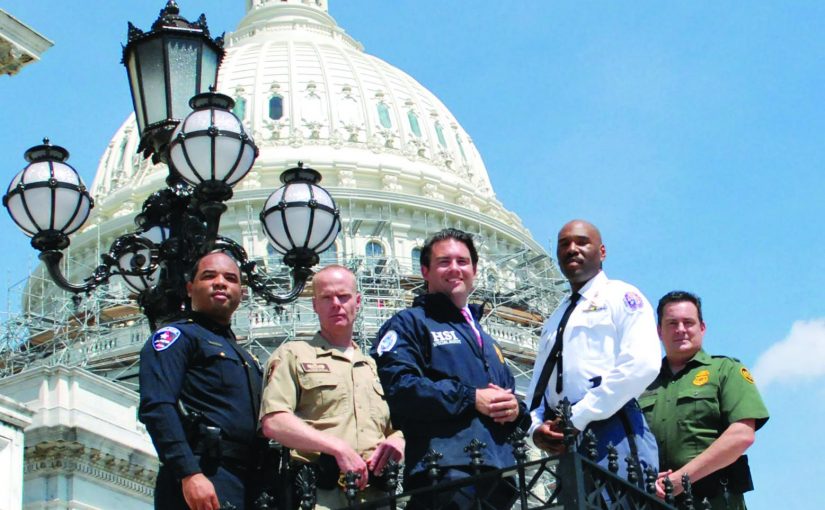
Leadership has always been a topic of great interest within the law enforcement community and in the private sector. There has been a myriad of scholarly journals, articles, publications, and studies related to leadership, and a Google search of “leadership” yields 764 million results. At the heart of this topic is the longstanding debate of whether leaders are born with an innate gift or if they are formed through circumstance and opportunity. While the debate over whether leaders are born or made may never be resolved, all can agree on the need to identify and develop emerging leaders. Identification of talent and leadership development are essential to producing top performers who will confidently and strategically lead their organizations into the future.
Recognizing emerging leadership talent requires careful attention to individuals’ talents and potential, as well as a clear development plan. Leadership development in law enforcement—or any field— should occur continuously throughout one’s career, not merely at the point of promotion to a formal leadership role.Take a moment to consider the perspective of the brand new recruits, still nervously reviewing their notes as they prepare for the interviews they hope will change the course of their life. Or think of the young officer who dutifully shines his or her badge daily with a wholehearted belief in everything it represents. Though today they are in but the earliest stages of their careers, tomorrow they may well be called to lead. How well will they be prepared? Will they have developed the skills and the confidence they need to thrive? Did they have the opportunity to grow before they were thrust into command? These questions (and the goal of affirmative answers) can guide law enforcement executives through the identification of young leaders, supporting their development into the leaders of 21st-century policing.


